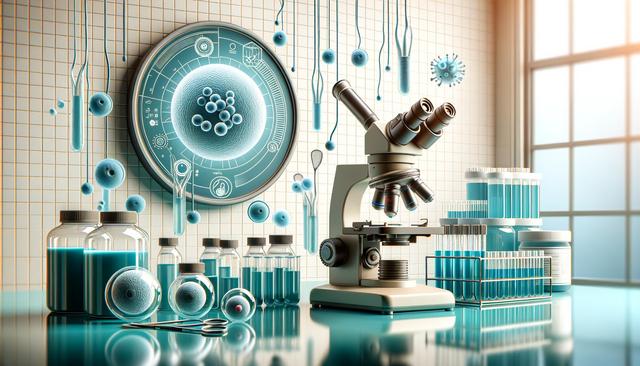Sperm Donor Services in 2025: Expanding the Path to Parenthood
Sperm donation has become a widely accepted and vital solution for building families. With evolving technology, improved regulation, and greater social awareness, sperm donor services in 2025 are more inclusive, safe, and accessible than ever.

Technological Advancements in Sperm Donor Services
In 2025, technology continues to play a transformative role in the field of sperm donation. Innovations in genetic screening, storage methods, and digital matching platforms have significantly improved the experience for both donors and recipients. Today’s Sperm Donation Clinic facilities utilize advanced algorithms to match donor profiles with recipient preferences, allowing for a more personalized and informed process. These tools consider a variety of factors, including genetic traits, health history, and personal attributes, thus increasing the chances of a successful match.
Moreover, cryopreservation techniques have evolved to preserve sperm viability for longer durations, making it easier to coordinate donor insemination across distances. Some clinics now offer virtual consultations and remote donor selection, reducing the need for in-person visits and making the process more accessible to individuals and couples who don’t have a Fertility Clinic Nearby.
Increased Accessibility and Inclusivity
One of the most important developments in 2025 is the increased accessibility and inclusivity of donor services. Whether for single parents by choice, LGBTQ+ individuals, or couples facing infertility challenges, modern sperm donation services are designed to support a wide range of family structures. Clinics have expanded their outreach and educational efforts to ensure that potential recipients from diverse backgrounds feel welcomed and informed throughout the journey.
Key improvements include:
- Multilingual support and culturally sensitive counseling
- Flexible financial plans to accommodate different budgets
- Legal guidance to navigate donor agreements and parental rights
This shift toward inclusivity has helped break down social stigmas and opened new doors for those seeking to grow their families through Donor Insemination Services.
Regulation and Ethical Standards
With the growth of sperm donor services, regulation has become a focal point in ensuring safety and ethical practices. In 2025, governing bodies have reinforced compliance standards, requiring all Sperm Donation Clinic operations to adhere to stringent health protocols and donor screening guidelines. This includes comprehensive testing for genetic conditions, infectious diseases, and psychological evaluations to assess donor suitability.
Additionally, there are clearer rules around donor anonymity and disclosure. Many clinics now offer open-ID donor options, allowing offspring the choice to contact donors when they reach adulthood. This shift helps families make informed decisions and promotes transparency throughout the process.
Choosing the Right Clinic and Services
For those considering sperm donation, selecting the right facility is a crucial step. With the growing number of options available, individuals are encouraged to research and compare services based on several key factors:
- Accreditation and licensing of the Fertility Clinic Nearby
- Success rates and client testimonials
- Availability of support services, such as counseling and legal aid
- Transparency in pricing and donor selection policies
Many prospective parents also appreciate clinics that provide long-term support, such as future updates on donor health or assistance with sibling registry connections. These added services contribute to a more holistic and reassuring experience.
The Future of Family Building
Looking ahead, the future of sperm donor services shows continued promise. Trends suggest a greater integration of artificial intelligence for donor-recipient matching and the use of blockchain technology to secure donor records and consent agreements. These advancements aim to further enhance trust, efficiency, and personalization in the process.
In response to evolving societal norms, donor programs are also becoming more community-driven. Some clinics now offer group forums, educational webinars, and peer support networks to help individuals navigate the emotional aspects of family-building through Donor Insemination Services. These resources create a sense of connection and shared experience that is highly valued by many recipients.
Conclusion: Empowered Choices for Modern Families
In 2025, sperm donor services reflect a growing commitment to inclusivity, technological innovation, and ethical responsibility. Whether you’re exploring options at a Sperm Donation Clinic or searching for a Fertility Clinic Nearby, the tools and support available today provide more empowered choices than ever. As societal acceptance continues to evolve and medical practices advance, individuals and families now have more opportunities to pursue parenthood through compassionate and well-regulated Donor Insemination Services.